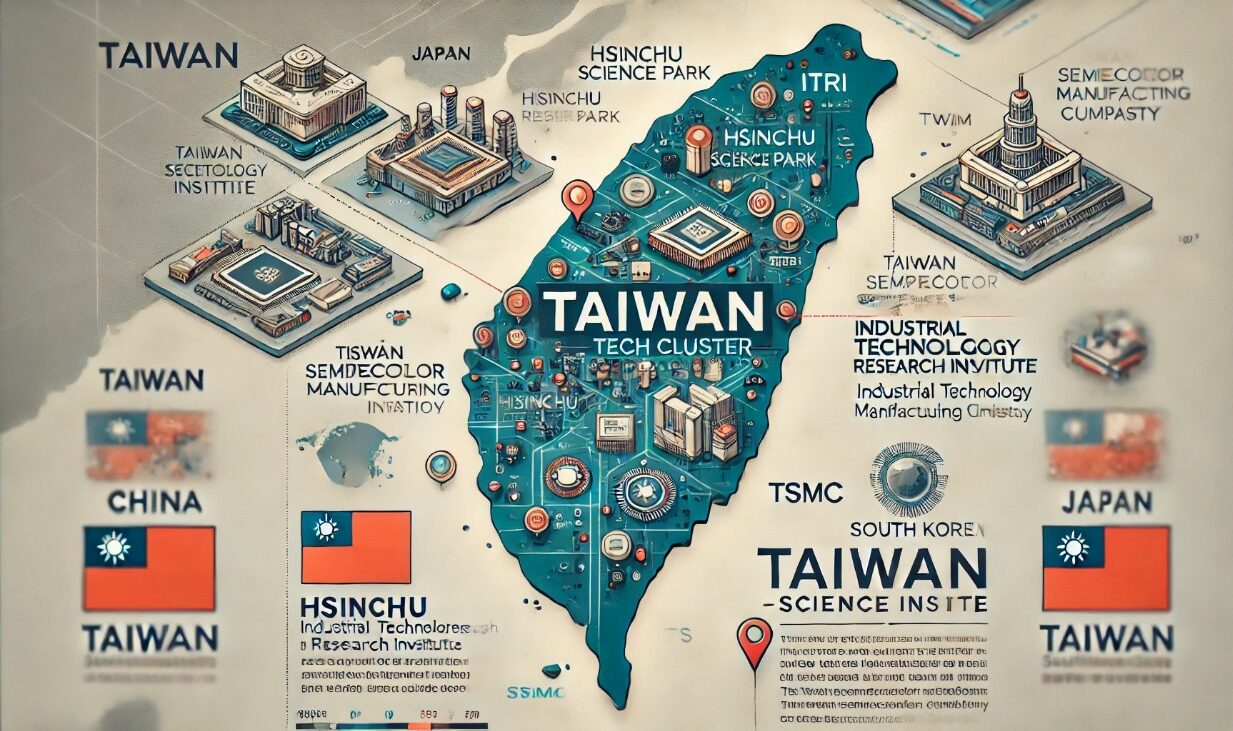The 12 member countries comprising the Trans-Pacific Partnership, including the first and third largest economies in the world, the U.S. and Japan, aim to establish a trade agreement touted as a 21st century accord, that will liberalize trade in goods, services, investments, government purchases and protect intellectual property rights, among other things, that are not currently covered in other trade agreements.
U.S. is seeing as leading it. This country is looking for complete liberalization in sectors where it has some advantage, like in services and investment, and to protect the intellectually property right of its companies. The aim of U.S., as President Obama has said, “is to establish the new rules of trade, before China do this”. There is a clear aim for U.S. to (re)establish its economic predominance in the Asia Pacific region, as China is clearly having the upper hand now. Most of the Asia Pacific countries, as Japan, South Korea, and even Peru and Chile, has China as its major trading partner. This is also seen as part of U.S. global strategy of “pivot to Asia”, as it is putting emphasis in rebalancing its military forces to Asia.
For the rest of countries members of the TPP, the liberalization of trade in other sectors is also a need, given the failure of the multilateral round of negotiations under the World Trade Organization in doing this.
But as seen in the last round of TPP negotiations last July, where an agreement was not reached, fundamental disagreements still exist in themes of intellectual property rights and even in liberalization of goods considered sensible by some countries, as in dairy goods and automobiles. It said that if an agreement is not reached in the remaining of 2015, it will be difficult for TPP to be completed (and approved by specially the U.S. Congress), and it could be postponed even until the year 2017, after a new President is elected in the U.S. in the year 2016



